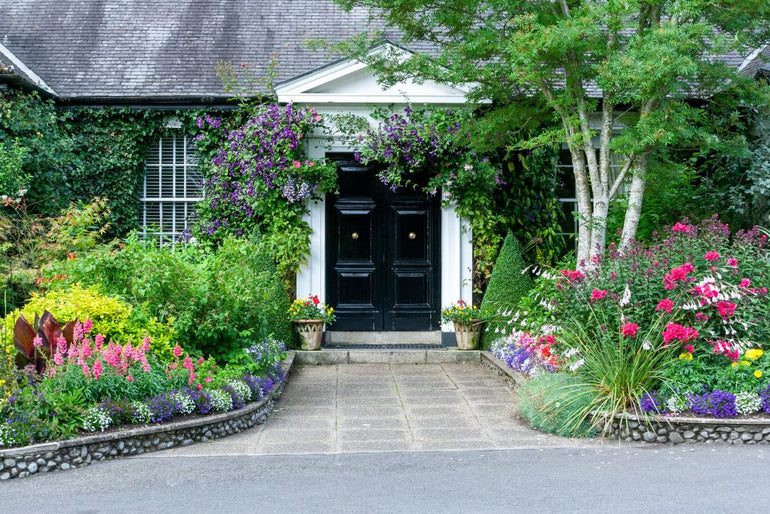Increase Green to Decrease Stress

Introduction
In our fast-paced and technology-driven world, stress has become an ever-present companion for many individuals. From the pressures of work and social obligations to the constant bombardment of information and stimuli, finding moments of peace and tranquility can feel like an elusive dream. However, amidst the chaos, there exists a simple yet powerful antidote to stress: green spaces. In this comprehensive guide, we will delve into the numerous benefits of increasing exposure to nature for stress reduction and overall well-being. From the healing practice of Shinrin-Yoku to the therapeutic benefits of gardening, we will explore how immersing oneself in greenery can lead to profound relaxation and rejuvenation.
One of the best ways to keep your stress level down could be right outside your front or back door. Gardening offers brain-boosting physical activity and mood-balancing effects from green spaces, available right in your backyard or patio. Gardening seamlessly combines physical activity with the calming influence of green spaces, all within the comfort of your home. To decrease stress, consider how to increase green elements in your surroundings can have a calming effect on your mood.
Gardening in urban areas brings psychological advantages, offering greenery and mental health benefits at home. It’s an easy way to enjoy nature’s perks. Horticultural therapy, growing in popularity for stress relief, aligns with cognitive improvement and stress reduction. Adding gardening to your routine can boost cognitive function and support stress relief effectively.
Greenery Satisfaction Maximized
To enjoy the benefits found in a recent study of over 5,000 home gardeners, aim for at least two weekly sessions. Furthermore, incorporating gardening into your routine regularly can maximize these advantages. Wellbeing increases with more greenery, regardless of space; beginners and small patios can still benefit. Satisfaction rises with vegetation, not garden size; creative solutions like terracing and stacked pots help maximize greenery.
Spending time in green areas, called ‘forest bathing’ or shinrin-yoku, is a recognized method for reducing rumination. Shinrin-yoku, a Japanese practice, involves immersing oneself in nature to decrease repetitive and intrusive thoughts. Studies also show that gardening increases beneficial gut bacteria in children, benefiting people of all ages.
Get a cognitive boost from helping reset your mind and lowering your stress levels by interacting with a garden at home two to three times a week. It’s a powerful tool that gets blood flowing to the brain through physical activity, helps you soak up some Vitamin D, and rewards you with benefits you can see and feel!
References
Chalmin-Pui, L. S., Griffiths, A., Roe, J., Heaton, T., & Cameron, R. (2021, February 10). Why garden? – Attitudes and the perceived health benefits of home gardening. Cities. https://www.sciencedirect.com/science/article/pii/S0264275121000160.
Also read our blog on Can You Get High on Ativan? Read This First.